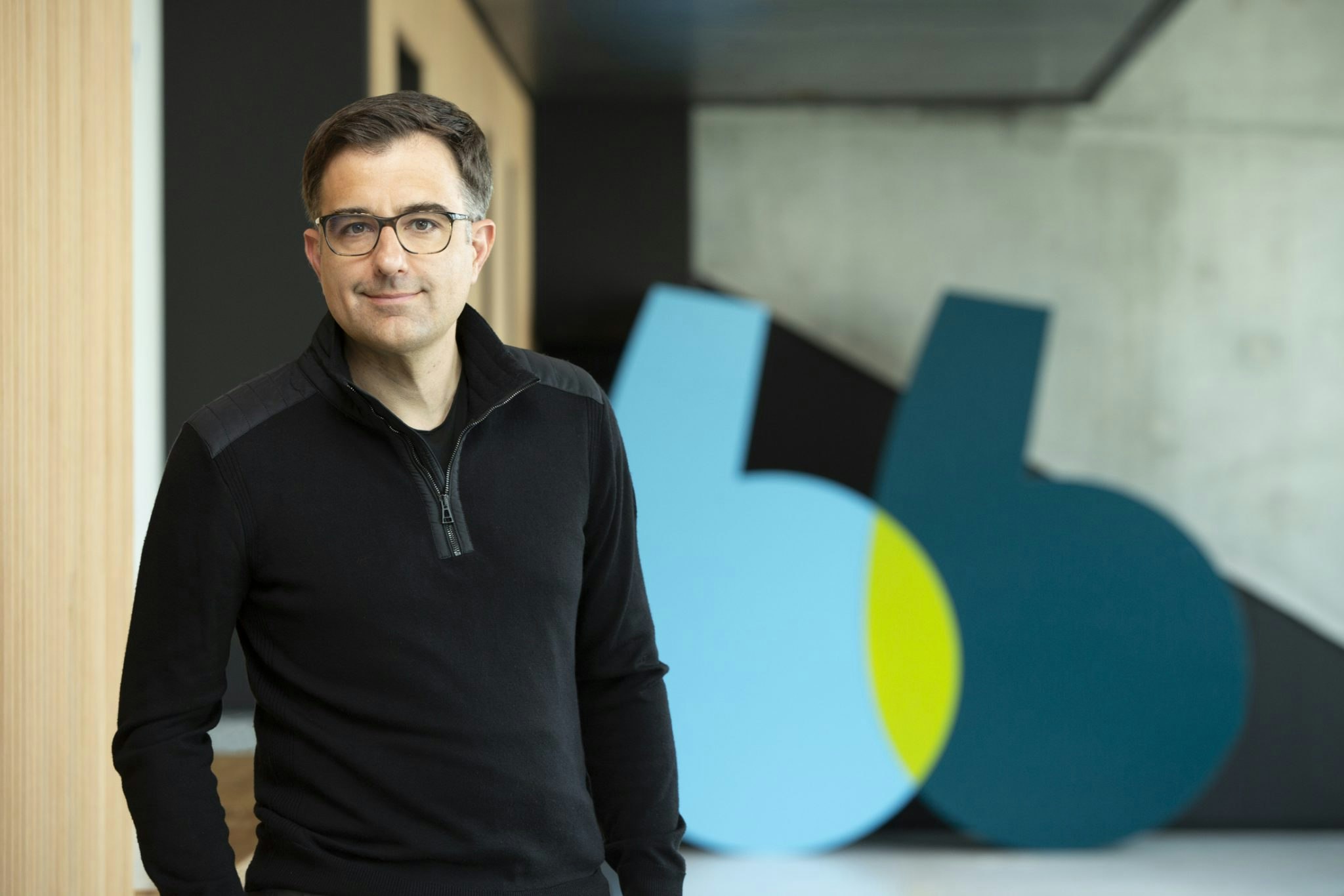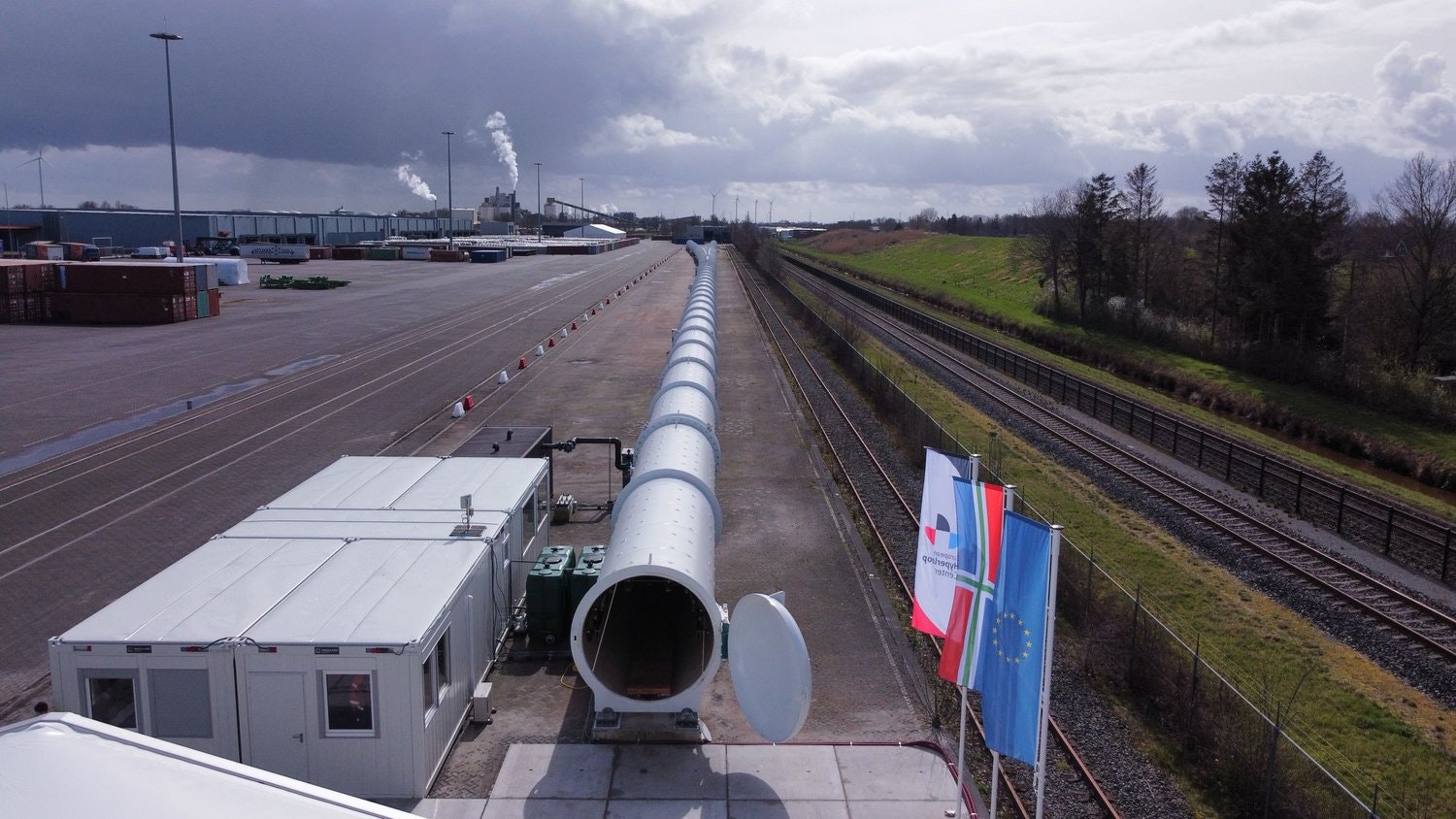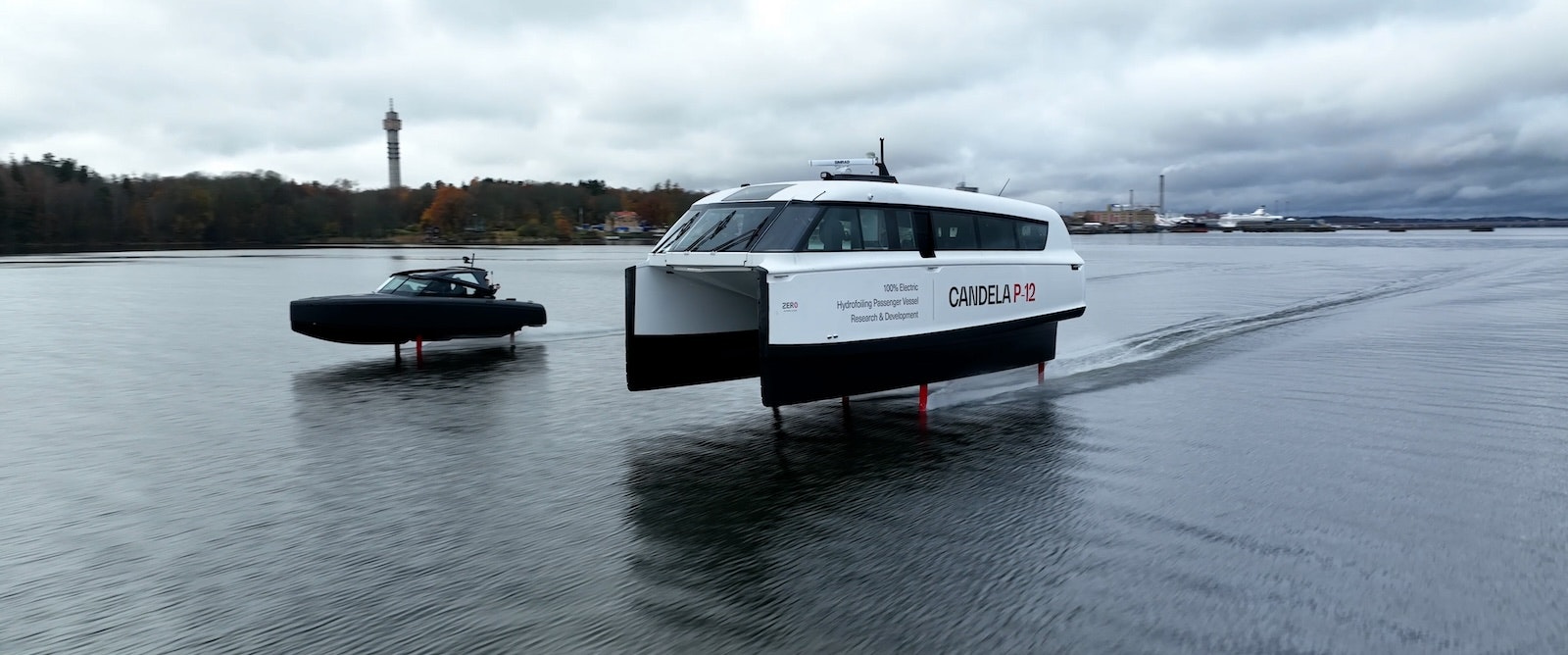It looks like Parisians’ favourite electric mopeds might be around for a little longer.
Cityscoot — a provider of shared mopeds that are popular in the French capital — has found a buyer in Spanish competitor Cooltra, who is set to acquire the French startup for €400k. Cityscoot had previously filed for insolvency in November last year.
The company has raised over €80m to date and its lead investors include state-owned public transport organisation RATP as well as public financial institution Caisse des Dépôts.
Cooltra’s offer, which includes keeping 30 employees out of a 157-strong workforce, was green-lighted by the French court in charge of the case on Wednesday— and means Cityscoot will avoid liquidation.
The successful bid means Cooltra will take over Cityscoot’s contract with the city of Paris. It will see Cityscoot's client base migrated to its own app, and will give the Spanish startup a leading position in the French capital.
The Spanish company was bidding against Cityscoot’s founder and ex-CEO Bertrand Fleurose. The former chief executive left Cityscoot two years ago and submitted an offer to buy the company to reboot the business — but his offer was rejected by the court.
What happened to Cityscoot?
Founded in 2014, Cityscoot enjoyed years of growth which saw the startup expand to cities in Italy and Spain. The startup was hit hard by the pandemic, as lockdown reduced city commutes drastically, seeing its revenue drop by over 25% between 2019 and 2021.
Meanwhile the company’s fleet deteriorated meaning that maintenance costs significantly increased and eventually surpassed the company’s revenue.
Cityscoot claims 300k users and a strong position in Paris, where it says that it holds two-thirds of the market.
Last year, the startup won a public tender that let it continue to deploy its fleet in the French capital for the next five years alongside Cooltra and another Spanish competitor, Yego.
To honour its commitments in Paris, Cityscoot needed to replace and expand its current fleet — but wasn’t able to raise more money from its historical investors. Without sufficient cash, it was declared insolvent just a few weeks after securing the contract.
A founder's failed comeback
Fleurose, who left the company in 2022 citing diverging views with investors, stepped in with an offer to continue growing Cityscoot. “We will form a plan to ensure the company’s viability and eventually, its development,” said Fleurose in a LinkedIn post three months ago.
He offered to buy the company’s assets for €300k and to keep almost all employees. To make his business plan work, Fleurose also committed to securing an additional €4-5m from external investors to keep the business afloat over the next year.
For the past months, Fleurose has been leading a social media campaign intended to convince business angels and family offices to help him rescue the company.
But without any tangible commitments from investors, the commercial court ruled that the founder’s offer was not admissible.
A tough year for micromobility
The sale comes amid a climate of uncertainty for the micromobility sector, which has been rocked in recent months by once-hyped companies struggling to hit profitability.
Earlier this month, European scooter startups Tier and Dott announced that they were set to merge shortly after Tier laid off 22% of its workforce in a push for profitability.
Last year, Dutch e-bike maker VanMoof declared bankruptcy and was later acquired by British technology company McLaren Applied. Swedish electric truck maker Volta Trucks and Berlin-based e-scooter startup unu also filed for bankruptcy.


